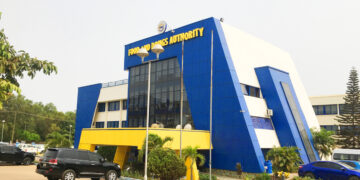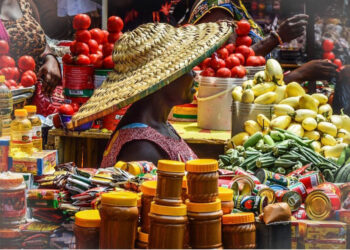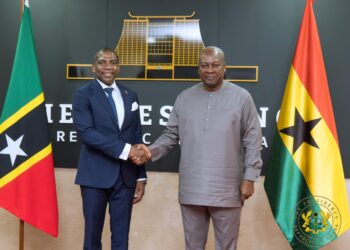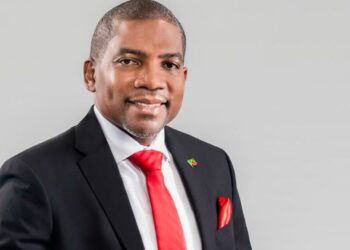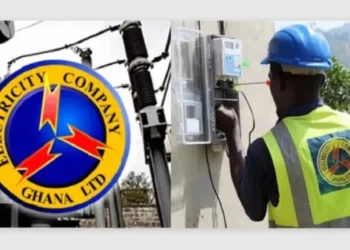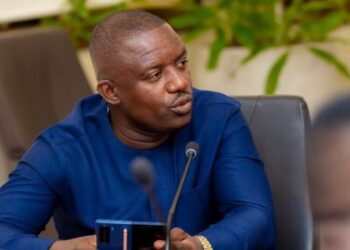Ghana will need a substantial $4 billion investment over the next five years to successfully implement its ambitious 24-hour economy agenda, according to Presidential Advisor on the initiative, Dr. Goosie Tanoh.
During a media engagement on Monday, June 30, ahead of the official rollout of the policy, Dr. Tanoh revealed that the programme is designed to significantly reshape Ghana’s economic landscape by slashing the country’s import dependency, enhancing value addition, and accelerating export growth.
The 24-hour economy policy seeks to drive around-the-clock productivity in key sectors, creating jobs and fostering sustained economic activity.
While the government will contribute $300 million as seed funding to kick-start the project, Dr. Tanoh emphasised that the bulk of the financing will be sourced from private sector investors.
“The total investment required is about $4 billion times ten, so GHS 400 billion. We hope it stays that way, and most of it is going to come from the private sector. One of the problems investors have had in working in Ghana and I am sure all of you have heard that because not the unpredictable and incoherent incentive regimes and the high costs of operations in Ghana including the under table payments and requests of corruption, some companies left to Ivory Coast where it is easier to do business,” Dr. Tanoh stated.
Dr. Tanoh acknowledged that the current business environment in Ghana has pushed some companies to relocate to neighbouring countries such as Côte d’Ivoire, where conditions are more favourable. To reverse this trend, he said the policy will prioritise transparent, performance-based incentive structures with minimal bureaucratic bottlenecks.
He further explained that the initiative will be built on three core pillars: transforming agriculture, strengthening supply chains, and promoting aggressive value addition to local products.
The overarching goal, they noted, is to create an economy that runs efficiently around the clock, maximising productivity, enhancing competitiveness, and driving Ghana’s economic transformation.

















